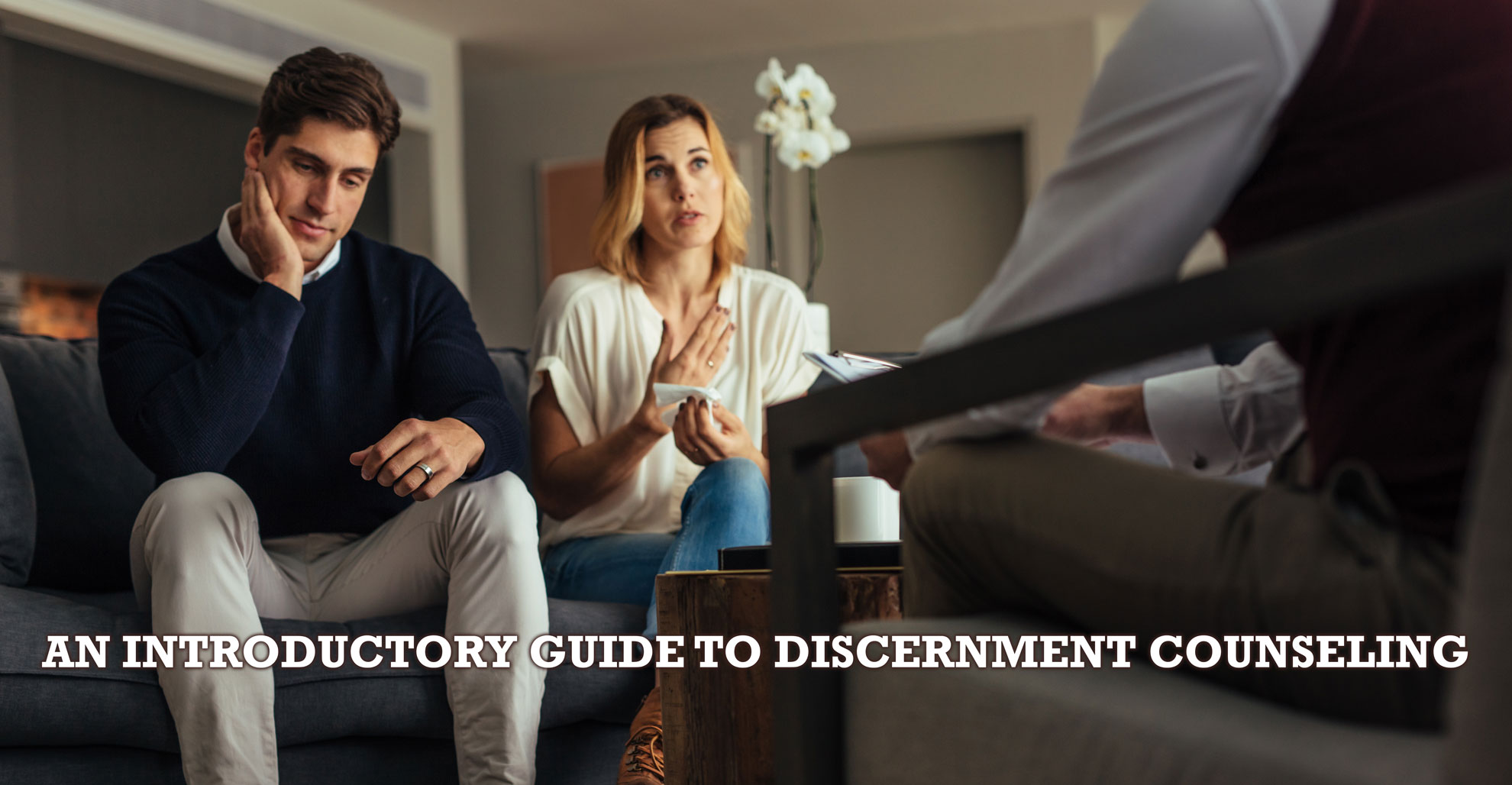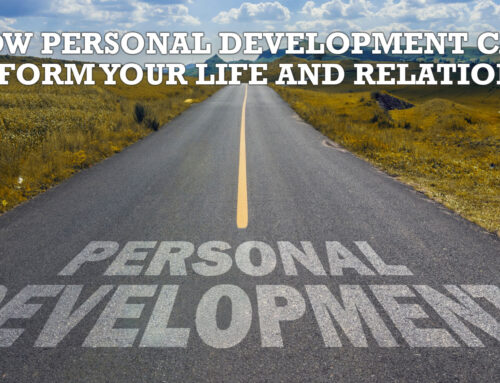If you are going through a trying time with your spouse, consider discernment counseling. This form of couples therapy can help you come to terms with the past, present, and future of your relationship together.
What exactly is discernment therapy?
This is a type of therapy that helps you and your partner really figure out the problem at hand. It differs from marriage counseling in that the therapy services are limited to three to six sessions, compared to a consistent, more long-term schedule. The idea behind this specialized version of therapy is to figure out whether you and your partner would benefit from marriage counseling as a whole and to figure out what your goals are — whether they deal with with rekindling romance, divorce, or child custody.
How will I know if discernment therapy is for me?
Anyone who is thinking about attending marriage counseling will benefit from disconcertment counseling. However, some questions you can ask yourself to see whether it might be right for your situation include:
Are you doubtful that counseling will have a significant impact on your marriage?
Are you ambivalent about the future with your partner?
Are you conflicted about the next step? (i.e., Are you uncertain whether divorce is the right option?)
If you answered yes to any or all of these questions, it may be worth heading to disconcertment couples counseling to figure out if your decisions are the right ones for your particular situation.
How does discernment counseling work?
The goal in this type of counseling is to provide a neutral environment for honest communication. The family therapist will be able to help the couple recognize their past actions, help each person achieve acceptance with the decision, and lead the couple to understand exactly what comes next in terms of their relationship. Over the period of a couple weeks, you’ll be able to really gain clarity on your entire situation. Then, you can move onto complete marriage therapy if you wish.
Working with a family therapist can be exceptionally beneficial, no matter the status of your relationship. In fact, a full 93% of patients explain that they had more effective tools for dealing with their problems after attending counseling.






